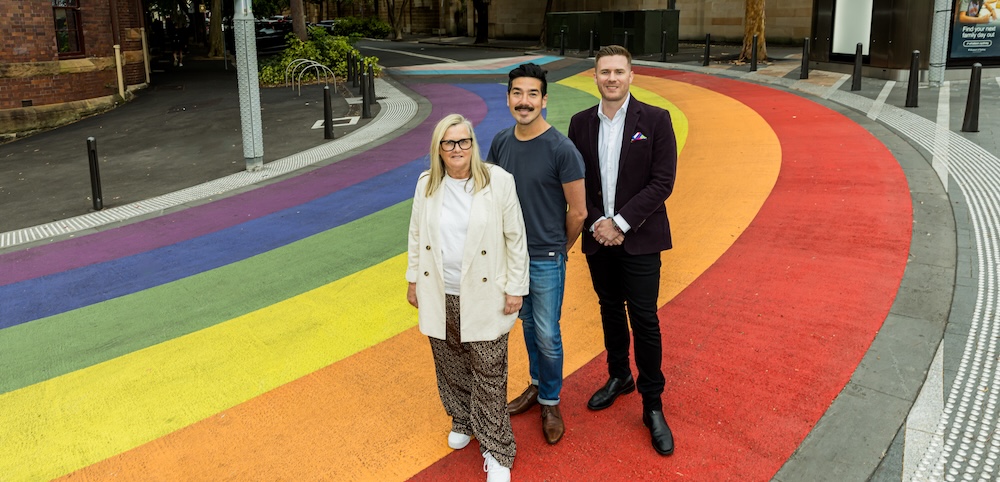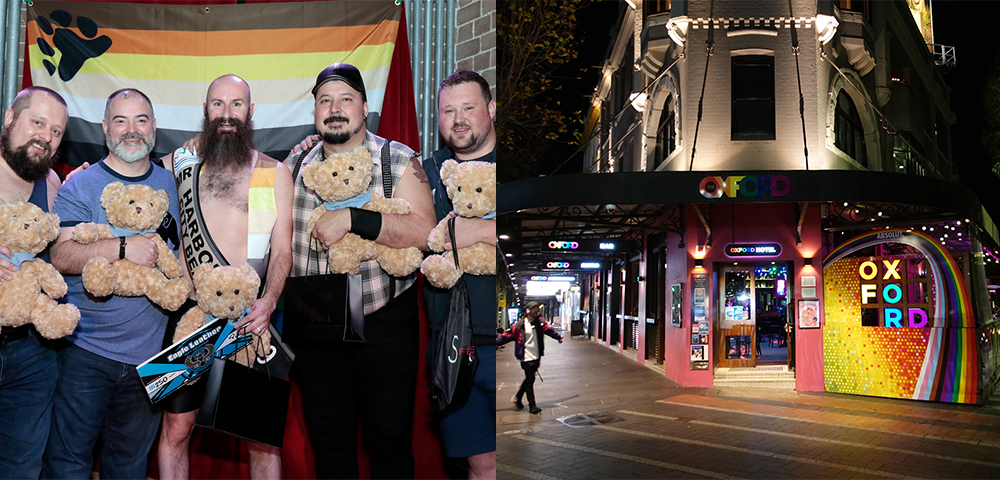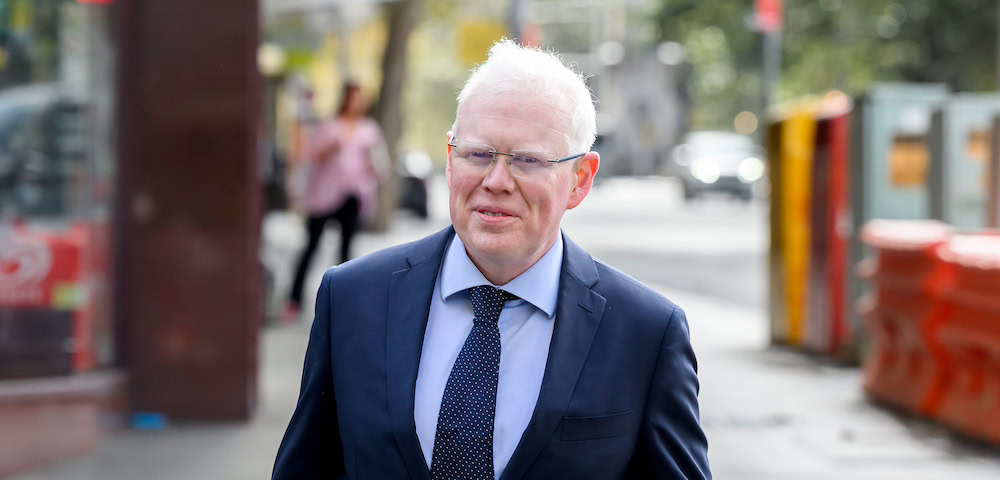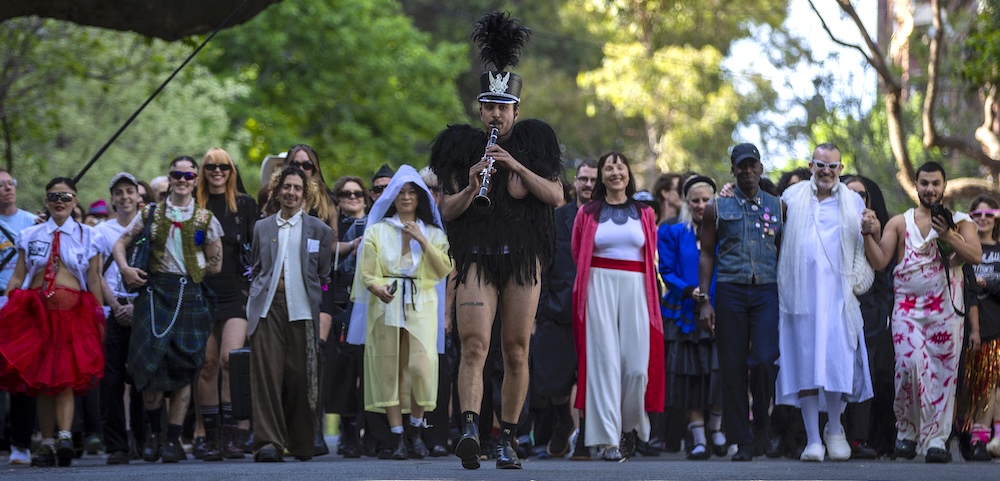
The legal ramifications of saying sorry
The Rudd Government is proposing to officially say sorry to Australia’s stolen generation when Parliament resumes on 12 February. A formal apology by the Government has proved for a long time to be a stumbling block to achieving reconciliation in this country and credit must go to the Labor Government for acting so decisively this early in their term.
One of the most persuasive arguments advanced by the former prime minister John Howard for not saying sorry was that it could leave the government open to make large compensation payments. In fact, Howard went as far as suggesting he had received legal advice to this effect but, when asked to make public this advice, he remained characteristically tight-lipped.
The argument that saying sorry could mean the government leaves itself exposed for liability is rubbish and deserves to be dispelled. As the famous human rights barrister Julian Burnside QC recently commented: “Expressing regret for something is not the same as saying ‘I’m legally responsible’.”
The legislature of every state has issued a formal apology for state-sanctioned historical crimes against indigenous Australians and this has not resulted directly in any compensation payouts.
There has only been one case of a victim of the stolen generation successfully suing the state and receiving a payout. In the case of Trevorrow v State of South Australia (No 5) [2007] SASC 286, Trevorrow received a compensation payment in the amount of $525,000. This case was argued on the basis that there had been a breach of a duty of care, breach of statutory and fiduciary duties, misfeasance of public office and false imprisonment.
These arguments represent the entire gamut of legal causes of action open to a victim of the stolen generation attempting to establish a claim for compensation. It is difficult to see how the issue of whether or not the government has issued a formal apology will have any bearing on a plaintiff’s legal claim.
It’s clear that this sort of argument is used to obfuscate the issues. The reality is issuing a formal apology is a largely symbolic gesture, albeit an important one that indigenous Australians have been saying for a long time is necessary to heal past wrongs and help the nation move forward. Once the Commonwealth government formally says sorry on 13 February, we can all get on with the task at hand.
Manoj Dias-Abey is a lawyer practising in one of Australia’s largest workplace relations law firms.
E: lawyer@ssonet.com.au









